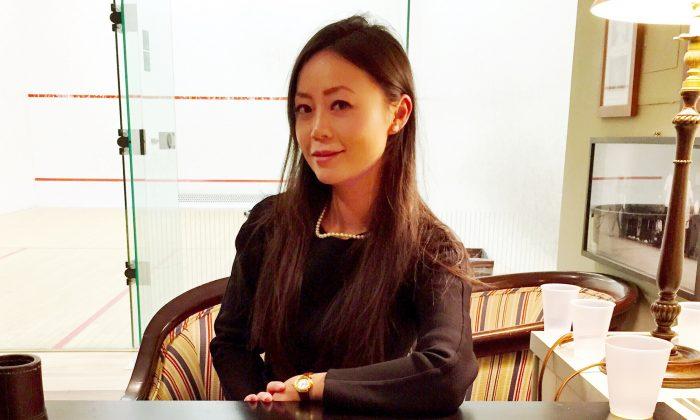Data overload leads to decision paralysis—this much we know. Whether you work in a multinational corporation or a small enterprise, work has gotten more complicated in the information age. According to some estimates, even the sheer volume of data we have to process doubles every year. How is anyone supposed to sift through the clutter for quick and effective decision making?

Bill Jensen has been studying complexity in organizations for 25 years and is the author of seven books, including “Simplicity: The New Competitive Advantage.” In his consulting work, he helps companies and people simplify the way they do their jobs.
As part of “#LeadTheFuture,” a new series exploring the future of work, Epoch Times spoke with Jensen about how to simplify our workdays. For the unedited 20-minute interview, listen to the audio.
[audio mp3=“https://www.theepochtimes.com/assets/uploads/2015/05/22/Bill-Jensen-Interview-web.lite_.mp3”][/audio]
Epoch Times: You recently did a report about the future of work, looking at how companies need to change in the next five years. In it, you conduct over 7,000 surveys and interview hundreds of people. What did you find?
Bill Jensen: We looked at the future of work from the perspective of how we as people need to change. The top three findings:
1. Leadership needs courage. Eighty-six percent of interviewees said we need to free people up to make decisions on their own. That leads to uncertainty. But leaders want to manipulate and package everything so that we have more certainty. What we need are leaders who have courage to lead us into an unknown future.
2. Companies need to redefine worker engagement. Most companies look at engagement as how it benefits the company—they define an engaged worker as one who is willing to expend discretionary effort to further the company’s goals. The workplaces of the future emphasize the individual’s needs as much as the company’s needs—beyond flex time and telecommuting.
3. Personal accountability will become crucial. We have to embrace that personal accountabilities are going to rely on how willing you are to be vulnerable. Most people don’t fully understand themselves—why they do certain things, and why they have certain attitudes. Self-awareness is the start of everything.
Epoch Times: Much of your prior work has been about simplicity. What do you mean by simplicity, and how will it help us navigate the future?
Mr. Jensen: Over the last 50 years we’ve gotten better at meeting the needs of the customer—making things easy to use, simpler. The next movement is in simplicity for the entire workforce. If we give the workforce the tools it needs to get the job done easily, that makes it easier for the company to succeed.
It begins with clarity of purpose and designing all the way through—our tools, our structure, our infrastructure—everything needs to be designed to be helpful to our goal.
Epoch Times: In your consulting work, what did you find is the No. 1 resistance to change?
Mr. Jensen: Most of us think certain things are supposed to work a certain way and when something changes that, we get all up in knots. The biggest thing senior executives fear is whether things could get done if they give up control. It’s a process of trusting another person, being clear about goals, and translating those goals. That doesn’t happen on a PowerPoint presentation. That happens in one’s heart and head.
Epoch Times: What’s one thing we can do right now to make the future better?
Mr. Jensen: One thing we can do right now, go give yourself a treat or give someone a hug. What we can do right now is to take care of ourselves or somebody else a little more today.
Bill Jensen’s new book, “Future Strong,” will be released this fall. It explores the five major choices that make people stronger and ready to leap into any future. Follow Jensen on Twitter at @simpletonbill. His website is www.simplerwork.com.
“#LeadTheFuture” is the Epoch Times’s new series in which we explore the ideas that are shaping the future of how we do business.






Friends Read Free